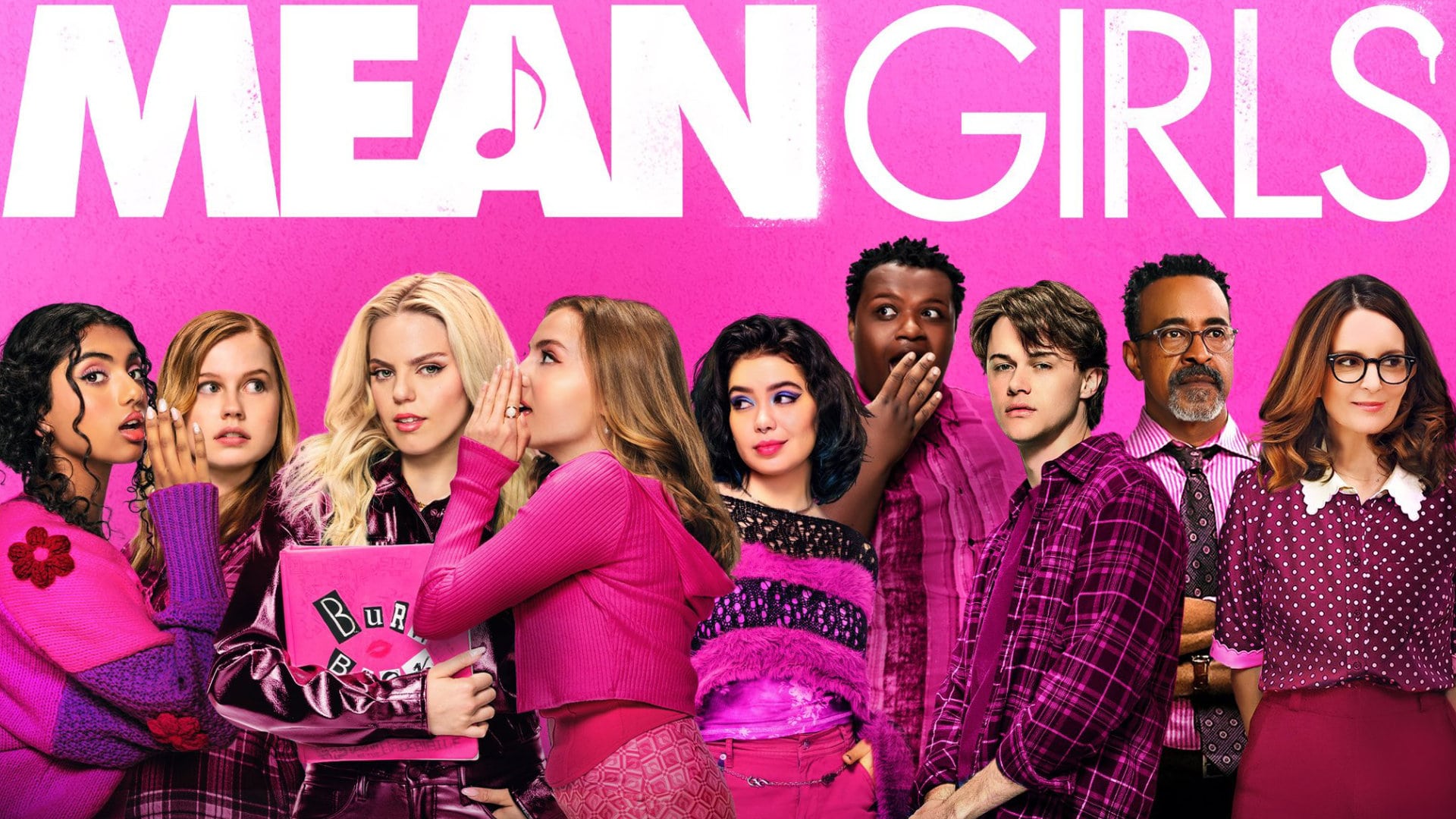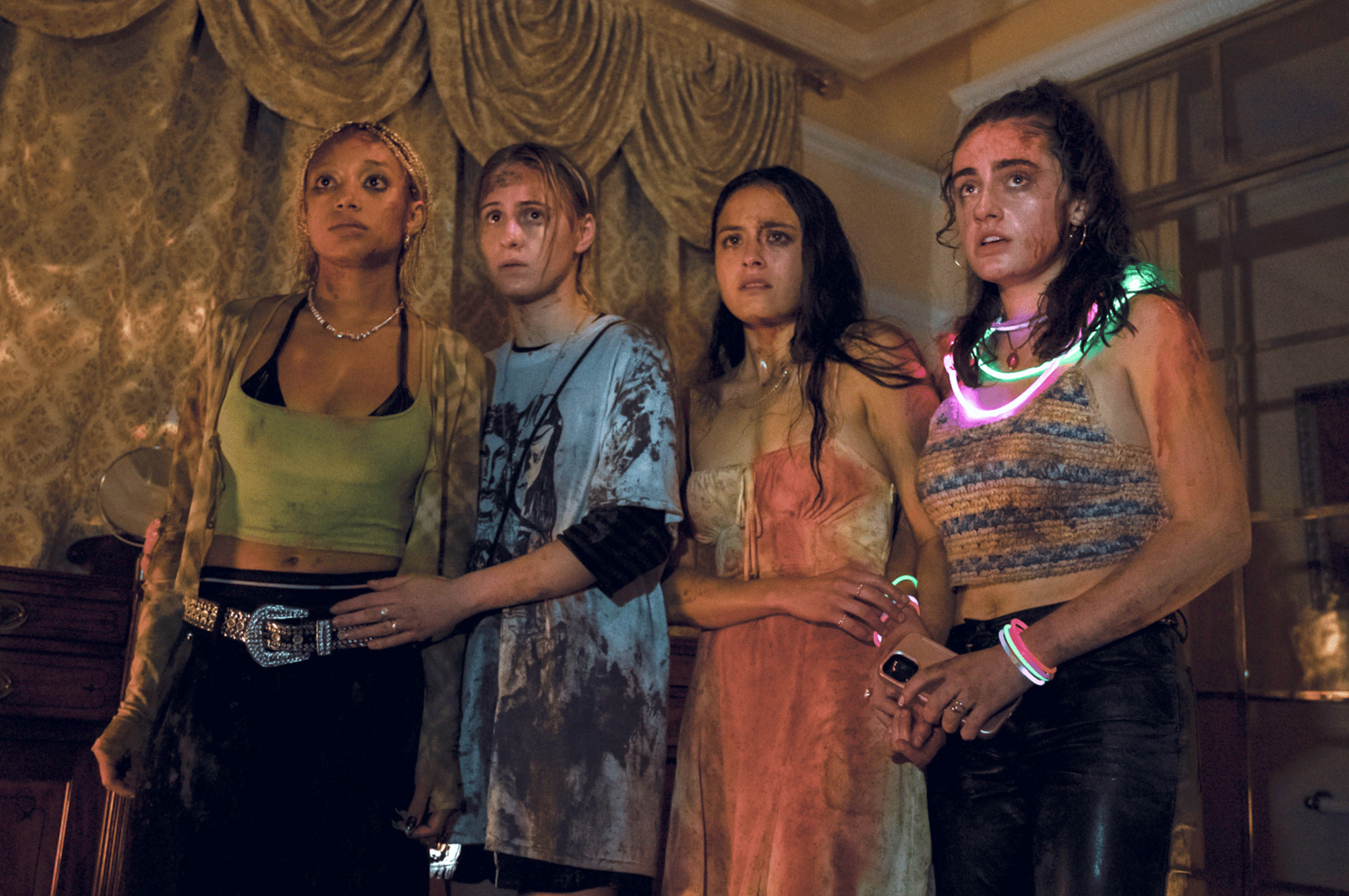The Post Review: Spielberg, Hanks and Streep finally collaborate to tell this rather timely historic story.
The Post Review by Orestes Adam.

The Post Review
Who would have thought that it would take this long for these three titans to collide? Steven Spielberg directs Tom Hanks and Meryl Streep in this riveting period drama on the Washington Post’s battle with the U.S. government in publishing the Pentagon Papers: documents containing highly classified information on how the American government has systematically lied to its people for decades about their escalating involvement in Vietnam. The Post is a political drama that, much to the filmmakers’ knowledge, could easily take place today with hardly any adjustments save for the names of the President and the war. In spite of its patriotic and uplifting undertones, the film sheds light on just how little the relationship between the United States government and its people has ultimately progressed as well as the cyclical nature of history itself.

The Post Review
The film opens in Vietnam as military analyst Daniel Ellsberg (Matthew Rhys) struggles to support the stagnating situation in Vietnam in spite of Robert McNamara’s (Bruce Greenwood) public insistence that progress is being made. Upon making the decision to leak the Pentagon Papers, illustrating the continuous attempts to dictate Eastern countries from behind the scenes, the film jumps into the lives of Katharine Graham (Meryl Streep) and Ben Bradlee (Tom Hanks) who wrestle with the decision of whether to publish them at risk of their own careers and freedom. What is most satisfying about The Post is just how unsurprisingly great its two leads are, particularly under Spielberg’s lead. The film shows just how complimenting Spielberg’s directorial style is to these two acting legends, best exemplified in the characters’ first interaction, the majority of which Spielberg characteristically films in one long take. Choosing to introduce these actors and keep them within the same frame proves that Spielberg knows exactly what the fans want upon viewing Streep’s and Hanks’s first onscreen interaction, allowing the actors to express every beautiful subtlety of their performance without fear of cutting away for a single moment until absolutely necessary.
As Ben Bradlee, Hanks does what he does best in portraying the domineering Editor-in-Chief of the Washington Post with just the right amount of charm and levity to maintain suspense while providing the comedic beats that make him such a loveable performer. The real star of the film however is Meryl Streep who delivers one of her best performances in recent memory and deserves every accolade that will undoubtedly be thrust upon her. What is most remarkable about her portrayal of an entrepreneurial woman in a blatantly sexist time is that she does not feel like a woman from the future in a film set in the past. Her character lacks confidence and is palpably fearful of stepping out of the role society has imposed upon her. When she finally does make that decision to seize control of her newspaper from her all-male team of advisers it comes not with a passionately assured declaration of justice but rather with a stutter, followed by a large amount of hesitance, making it all the more outstandingly brave. Spielberg expertly blocks his actors to reflect on the sexism of the time, as for the majority of the film Streep is filmed sitting down with high-angle shots as large overbearing men attempt to tell her where she belongs. It is this kind of imagery that make Spielberg’s films not just heartwarming but continuously visionary and remind audiences exactly why he is called one of the greatest directors of all time.

The Post Review
A fantastic job is additionally done of bringing the era that was the early 70’s to life, particularly within the context of the smoky dining halls and newsrooms. Perhaps it is a nostalgic tribute to the days when articles were published in print and not online but no printing press has ever looked as beautiful as it does in The Post, in which the monolithic machines in rapidly copying the publication’s trailblazing article literally makes the ground shake. However, in spite of all its glorious moments of pure cinematic joy, the film falls into the classic Spielbergian trap of an overly sentimental ending, in which everything is tied up so swiftly and neatly that it feels almost anticlimactic. While movies are often criticized for being overlong, The Post is a film that could have easily slapped an extra 20 minutes onto its 116-minute run-time, if only to give the climax the emphasis and attention it deserves. As it stands however, its ending simply did not do justice to those fantastic moments building up to it.
Given today’s political climate, The Post is hardly a cautionary tale. Rather, it is a call to arms that powerfully illustrates the true power and purpose of the press: to be the bridge between a government and its people, and to assure that those in power are held accountable if not by the law, then at least by the public it thrives on. In spite of its sentimentality and a good amount of cheese, The Post is proof that Spielberg, Streep and Hanks remain at the top of their form and easily goes down as a modern crowd-pleasing classic.
The Post review, by Orestes Adam, January 2018.
The Post is released in cinemas across the UK on Friday 19th January 2018.

Latest Posts
-


Netflix
/ 3 days ago‘Zero Day’ teaser; Robert De Niro leads the Netflix film
Robert De Niro is leading out the upcoming Netflix series Zero Day, a teaser...
By Paul Heath -


Film News
/ 3 days agoChristopher Nolan’s next film is ‘The Odyssey’
After what seems like months of speculation, it has finally been revealed that Christopher...
By Paul Heath -


Film News
/ 3 days agoOne more trailer for Bob Dylan biopic ‘A Complete Unknown’
A final trailer has been released for A Complete Unknown, the Bob Dylan biopic...
By Paul Heath -


Streaming
/ 3 days agoWhere Could TV Streaming Apps Go from Here?
It’s been a long time since Netflix alone dominated the smart TV streaming space....
By Paul Heath










